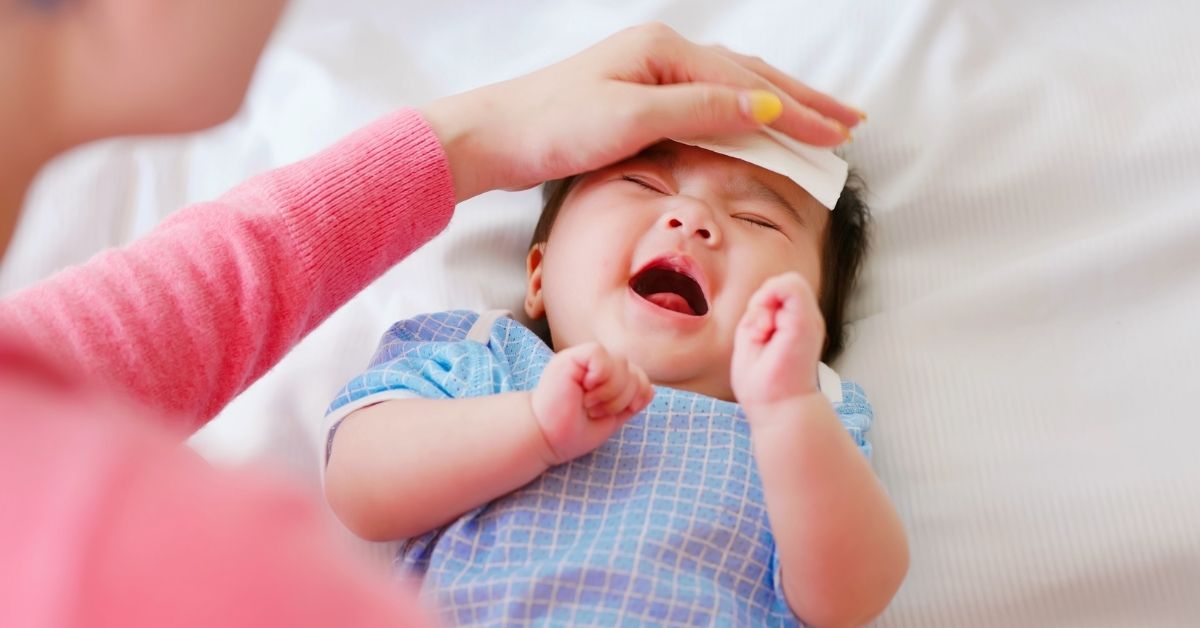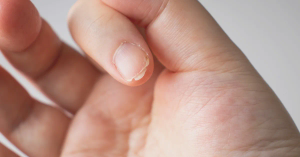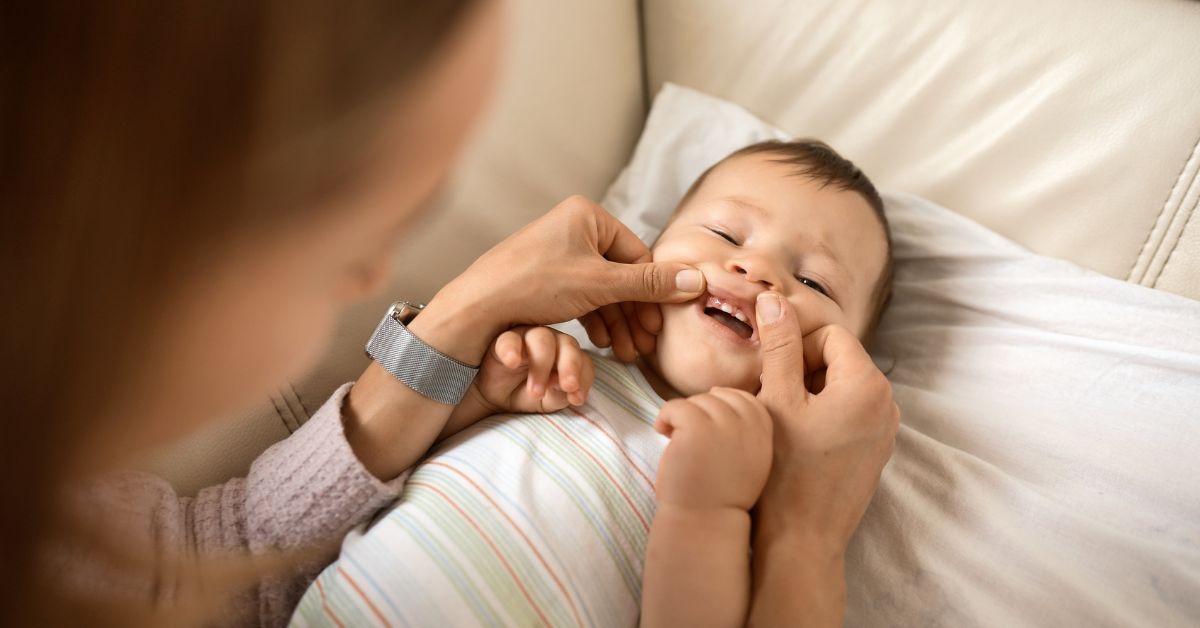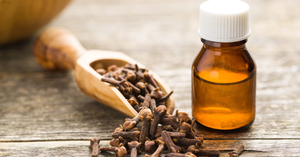Spring is a wonderful time of year, with longer days and warmer weather. However, it also marks the start of allergy season, and many parents find their kids experiencing more allergy symptoms during this time. If you're wondering why your child seems to be sneezing and sniffling more in the spring, you're not alone. Let's explore the reasons behind this increase and how you can help your child navigate spring allergies.
The Culprit: Pollen
The main cause of spring allergies is pollen. As plants begin to bloom, they release tiny grains of pollen into the air to fertilize other plants. Trees are often the first to release pollen in the spring, followed by grass. These pollen grains can travel for miles, making it difficult to avoid them entirely.
When a child who is allergic to pollen inhales these grains, their body mistakenly identifies them as a threat. The immune system then releases antibodies to attack the allergens, leading to the release of chemicals called histamines into the blood. Histamines trigger familiar allergy symptoms like runny nose, itchy eyes, and sneezing.
Factors Contributing to Spring Allergies in Kids
Several factors contribute to why kids are more susceptible to spring allergies:
- Increased Outdoor Exposure: Springtime means more outdoor activities. As kids spend more time playing outside, they are exposed to higher concentrations of pollen.
- Developing Immune Systems: Allergies develop after repeated exposure to an allergen. So, while newborn seasonal allergies are rare, children can develop them at any age as they become more exposed to pollen.
- Genetic Predisposition: Children with a family history of allergies are more likely to develop them. If you or your partner have allergies, your child has a higher chance of experiencing them as well.
Common Spring Allergies in Kids
The most common spring allergies in kids are triggered by tree and grass pollen. These can cause a range of symptoms, including:
- Runny or stuffy nose
- Sneezing
- Itchy, watery eyes
- Itchy throat and ears
- Dark circles under the eyes
Less common symptoms can include skin rashes, hives, headaches, and nausea.
Prevention Strategies
While it's impossible to completely eliminate exposure to pollen, there are several steps you can take to minimize your child's allergy symptoms:
- Monitor Pollen Counts: Check local pollen forecasts daily and limit outdoor activities when pollen counts are high.
- Keep Windows Closed: Keep windows closed at home and in the car to prevent pollen from entering. Use air conditioning to stay cool.
- Clean Regularly: Dust and vacuum your home frequently to remove pollen that may have entered.
- Change Air Filters: Replace HVAC filters regularly to ensure they are effectively trapping allergens.
- Wash After Outdoor Play: Have your child shower or bathe after playing outside to remove pollen from their skin and hair.
- Dry Clothes Indoors: Avoid drying laundry on a clothesline, as pollen can stick to the fabric.
- Take Shoes Off: Remove shoes when entering the house to avoid tracking pollen inside.
What to Do If Symptoms Occur?
If your child is experiencing allergy symptoms, there are several remedies you can try:
- Over-the-counter Antihistamines: These medications can help relieve symptoms like sneezing, runny nose, and itchy eyes.
- Nasal Sprays: Saline nasal sprays can help clear nasal passages and relieve congestion.
- Consult a Pediatrician: If symptoms are severe or persistent, consult your pediatrician. They may recommend prescription medications or allergy testing.
Precautions and When to Seek Medical Advice
While most allergy symptoms are manageable with over-the-counter treatments and preventive measures, it's important to be aware of potential complications and when to seek medical advice. If your child experiences wheezing, difficulty breathing, or a high fever, it's essential to contact a doctor immediately. These symptoms could indicate a more serious condition, such as asthma or a respiratory infection.
Also, if your baby shows signs of allergies, it is important to have them checked by a pediatrician.
For children with severe spring allergies, immunotherapy (allergy shots) might be worth considering. While it's a longer-term commitment, studies show it can reduce allergy symptoms by 80% of those who complete the full course.
Conclusion
Remember, every child is different. Keep track of what triggers your child's allergies and what provides relief. With proper management and prevention strategies, spring can still be an enjoyable season for your little ones.
Stay proactive, stay informed, and don't hesitate to reach out to healthcare providers for personalized advice. After all, spring should be about watching your kids enjoy the outdoors, not watching them suffer from allergies.








